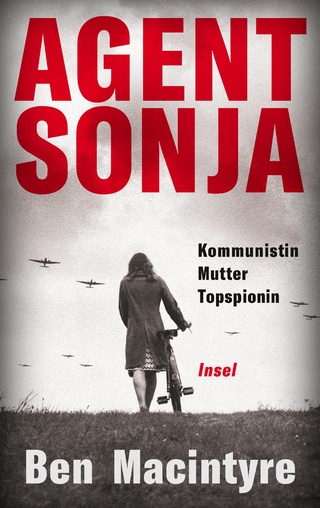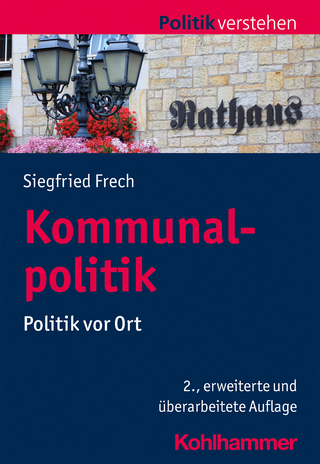
The Estate Origins of Democracy in Russia
Cambridge University Press (Verlag)
978-1-009-06898-7 (ISBN)
A devastating challenge to the idea of communism as a 'great leveller', this extraordinarily original, rigorous, and ambitious book debunks Marxism-inspired accounts of its equalitarian consequences. It is the first study systematically to link the genesis of the 'bourgeoisie-cum-middle class' – Imperial, Soviet, and post-communist – to Tzarist estate institutions which distinguished between nobility, clergy, the urban merchants and meshchane, and peasants. It demonstrates how the pre-communist bourgeoisie, particularly the merchant and urban commercial strata but also the high human capital aristocracy and clergy, survived and adapted in Soviet Russia. Under both Tzarism and communism, the estate system engendered an educated, autonomous bourgeoisie and professional class, along with an oppositional public sphere, and persistent social cleavages that continue to plague democratic consensus. This book also shows how the middle class, conventionally bracketed under one generic umbrella, is often two-pronged in nature – one originating among the educated estates of feudal orders, and the other fabricated as part of state-induced modernization.
Tomila Lankina is Professor of International Relations at the London School of Economics and Political Science. She has previously authored two books and has published widely in top disciplinary journals on democracy, authoritarianism, mass protests, and historical patterns of human capital and democracy in Russia and other states.
1. Theorizing post-revolutionary social resilience; 2. From imperial estates to estatist society; 3. Mapping society and the public sphere in imperial Russia; 4. The professions in the making of estatist society; 5. Education, socialization, and social structure; 6. Market values and the economy of survival; 7. Family matters: looking back – and forward – in time; 8. Society in space; 9. The two-pronged middle class: implications for democracy across time and in space; 10. The bourgeoisie in communist states: Comparative insights charting a comparative foreword; Afterword; Supplementary appendices: A. Archival sources; B. The 1897 census; C. District matching; D. Interview questionnaire; E. Illustrative Genealogies.
| Erscheint lt. Verlag | 27.6.2024 |
|---|---|
| Zusatzinfo | Worked examples or Exercises; 26 Tables, black and white; 1 Maps; 15 Halftones, black and white; 22 Line drawings, black and white |
| Verlagsort | Cambridge |
| Sprache | englisch |
| Themenwelt | Sozialwissenschaften ► Politik / Verwaltung ► Staat / Verwaltung |
| ISBN-10 | 1-009-06898-9 / 1009068989 |
| ISBN-13 | 978-1-009-06898-7 / 9781009068987 |
| Zustand | Neuware |
| Haben Sie eine Frage zum Produkt? |
aus dem Bereich


